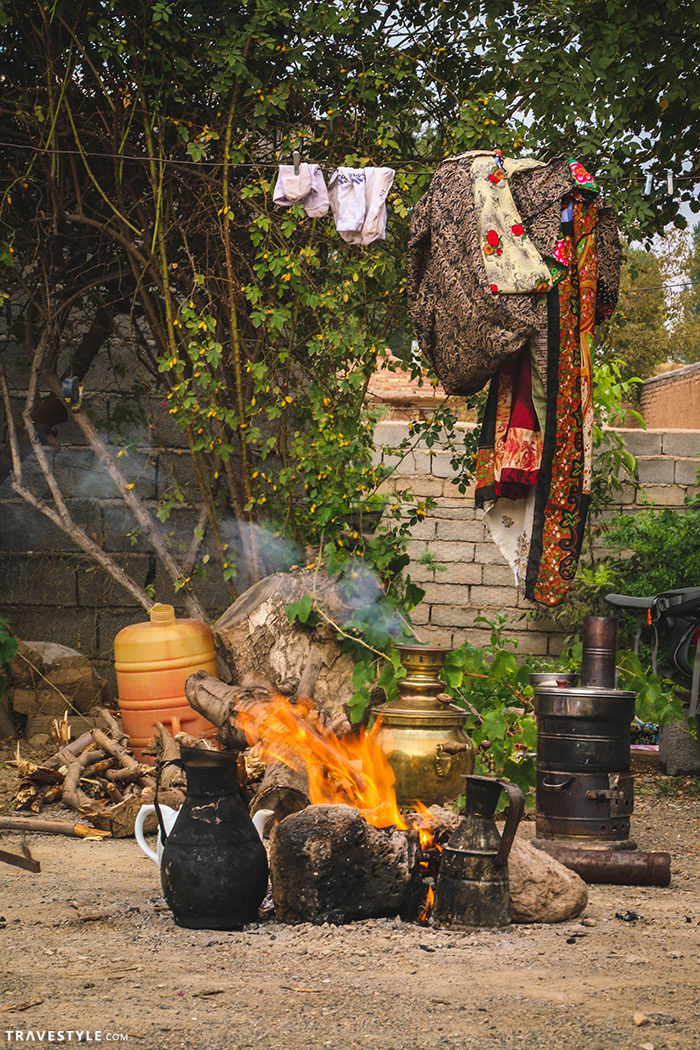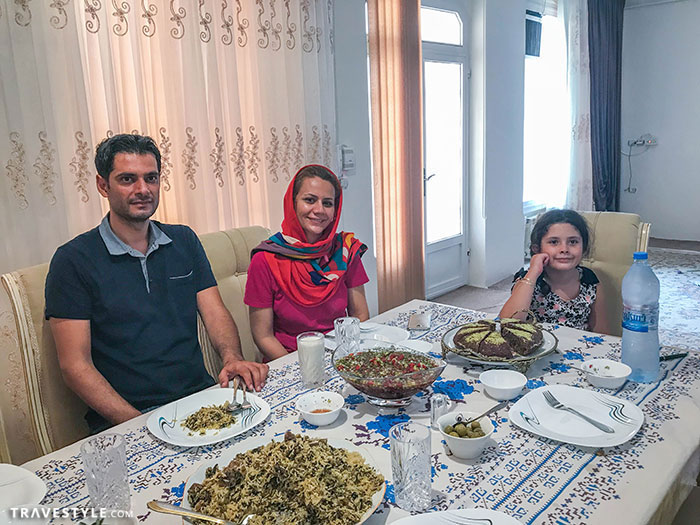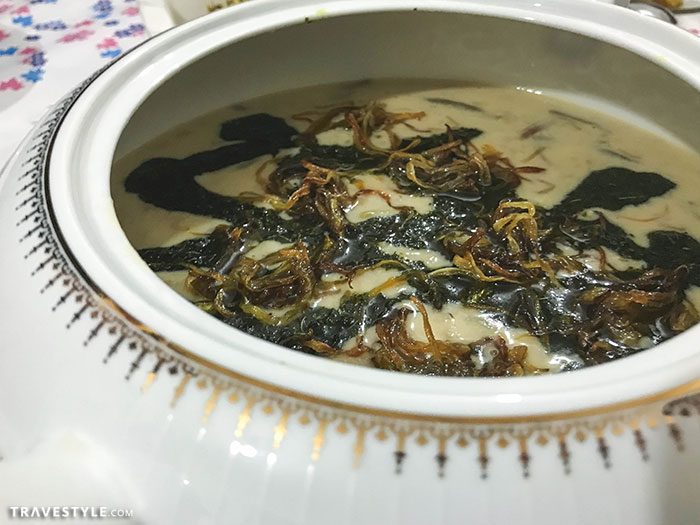Located somewhere in the very northwest of Iran, stretched in the valley of Maku, sits a small town holding the same name. It’s an hour fly from Tehran and 12 hours if you dare to drive the whole way.
I’m here in Maku with a team of travel bloggers and Instagrammers to bring the region into the spotlight and explore its possibilities in tourism. It’s a small city and most famous for its picture-perfect churches, but we’re here for more.
We’re staying in a small village called Khok at the home of a large but humble family. Mr. Sohrabi and his family have been doing everything they can to spoil us. They share the little they have and go out of their league to make sure we have an amazing experience.


The next day we’re free to discover the region on our own terms. However, things don’t go as perfectly as planned. Instead of visiting cultural sights and natural landscapes, we’ve spent the day in the homes of local people we hardly ever knew!
Here’s the first thing I know about Maku: when it comes to hospitality, no one can hold a candle to the people of here. Everyone is generous, loving and treats you as a family member. I mean, if I’ve been in Maku for only one day and have been invited into 3 different homes, then it definitely says something. right?
Soheila is our first host. She lives with her family in the village of Sangar where there’s a famous stone crypt dating back to the Urartus. People hardly know much about it.
We’ve been introduced to Soheila through a mutual friend named Samar. She agreed to take us to a promising cook and Soheila seemed to be the right one. She’s known in town for her fabulous cooking skills and we were eager to learn a few of her secret recipes but it turns out a close family member has passed away and she’s forced to leave us for the funeral.
Her brother, however, insists on inviting us for drinks. Their lavishing home reminds me of uptown Tehran where homes are filled with antiques and opulent furniture. The locals themselves admit to their tendency towards a luxury lifestyle and it’s easily visible in every house we step in.
Our unsuccessful effort with Soheila leads us to the house of Samar. Her husband and daughter greet us with open arms. She cooks us Avalik Chakmesi, a local dish with a name I never seem to learn. They greet us as if we’ve known each other for years. There’s lots of chatting involved and Reza, Samar’s husband, says the same things we hear over and over again: “The money crisis has ruined the economy of Maku”.

Since a few years ago when the region became a free zone, Maku has been enjoying the benefits of shopping tourism. The market on the border of Turkey offered competing prices and flocks of tourists would come from all over the country to shop here. Apparently, it made a huge difference. But after the drop of Toman, prices have risen and nothing’s worth the extra drive anymore. What seemed to be a rising slope for Maku has now turned on its head. According to Reza, some people are struggling to make ends meet and shopkeepers are hardly paying off their rent. We ramble about random stuff, from our favourite series to politics and future possibilities for Iran. From what I see, the struggle is the same all over the country.
We leave Sahar and her family to meet Negar. She had been following me on Instagram and sent me a message as soon as she found out I was in town. I let her know that I’m looking for a cooking experience and she instantly hooks me up with her mum. Little did I know that a few hours later we’d be in their home cooking 2 main dishes, 1 dessert and 2 kinds of bread!!!

Negar works with her husband who’s a psychologist. She takes off early from work to prepare everything for us. We arrive at her house only to see all the ingredients spread on her kitchen table. She offers us drinks and we’re ready to get to work. Avalik Chakmesi (a mixture of lamb meat, rice, and wild herbs) and Kalleh Jush (a think soup with lamb shanks, chickpea, lentils and pinto beans) were the main dishes.
Negar and her mum are extremely patient with us. Their native language is Turkish like most of the population here and we struggle to pronounce the names of the ingredients which requires them to repeat everything a thousand times. Her mum tells us about everything. She shows us the special herbs we’re using and tells us of their medical benefits. Apparently, herbal medicine is big here and the variety is huge.
Maku is generally cold most time of the year. According to Negar, it only sees two seasons: 2 months of summer and 10 months of winter. A winter that’s harsh enough to get to -30c. Hence why most local dishes are winter specialties. What we see from Maku is the exact 2 months of summer. It’s horribly hot and humid in some places but that doesn’t stop us from cooking the food.
A few hours later, the work has paid off and we are rewarded with a whole feast. Negar and her husband insist on us spending the night at their place. They are so eager that they even drive us to our village so that we could pack our stuff and come back. An hour drive to and back from Khok where we were initially staying and we come back surprised. Negar had invited so many other guests to join us for dinner! It’s almost unbelievable to think she would put herself into so much work for a bunch of strangers, but we’ve seen enough to know it’s the norm.
There’s long tablecloth on the floor, an array of mouthwatering food, pickles and drinks gathered by the most heartwarming family from Maku. If nothing, Maku has pampered me like a spoilt child and proved me wrong about the limits of hospitality in Iran.




Afarin dear Matin, thank you!!! <3
Wish you the best!!!
Cinzia
You’re welcome 🙂